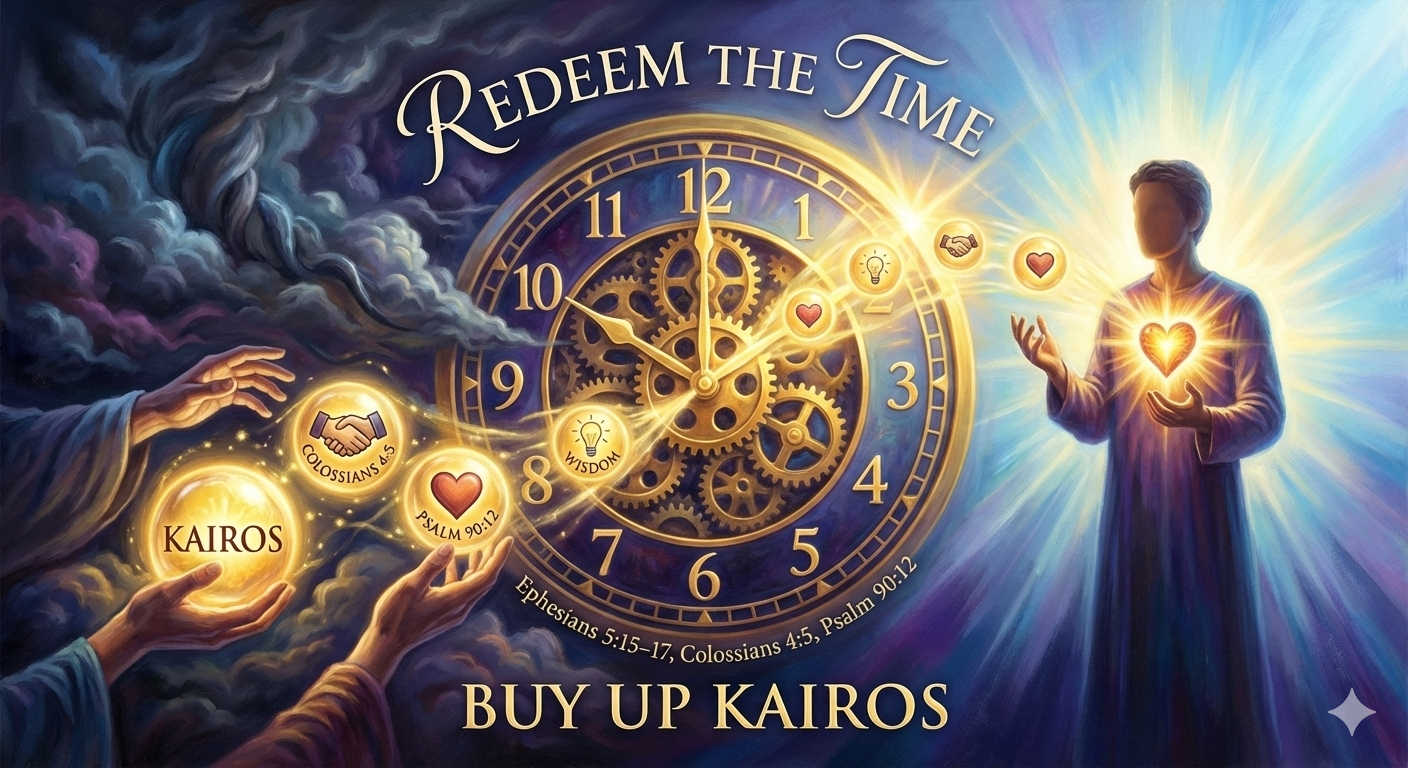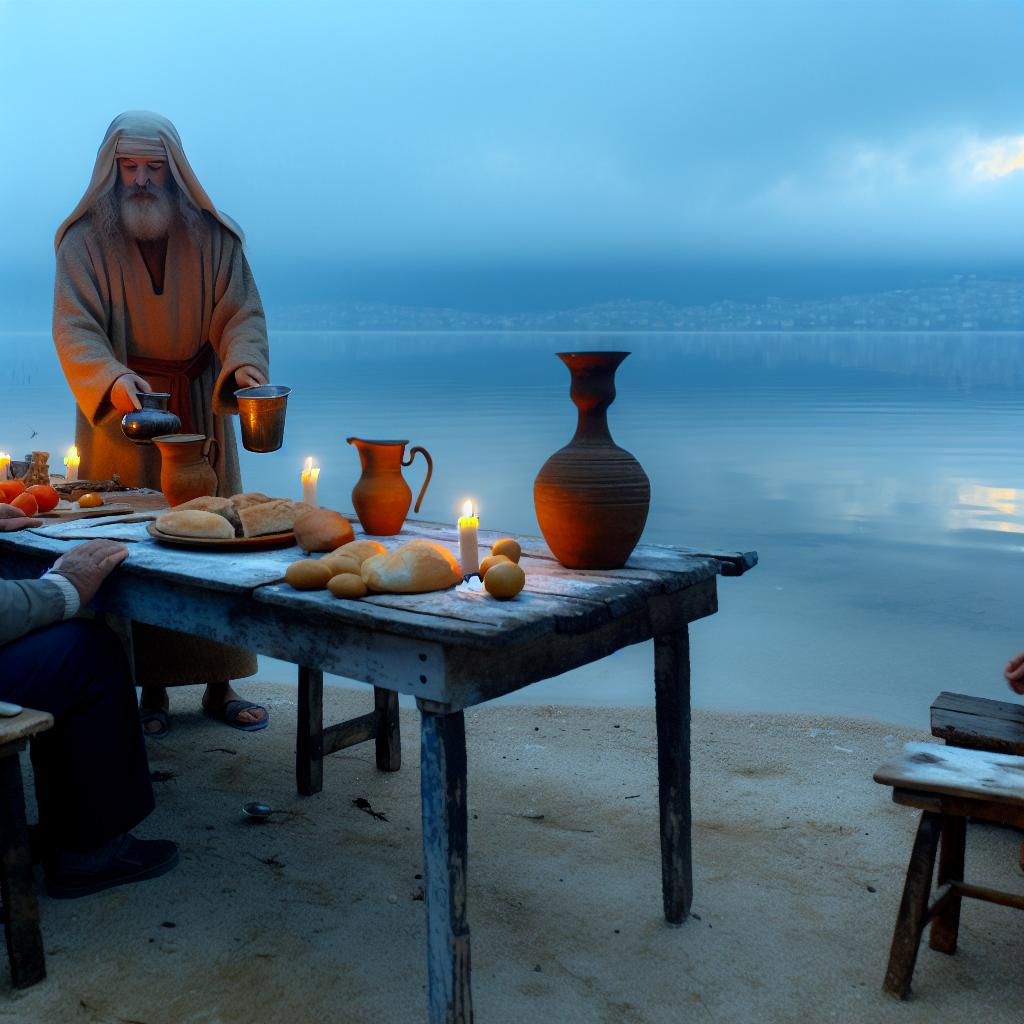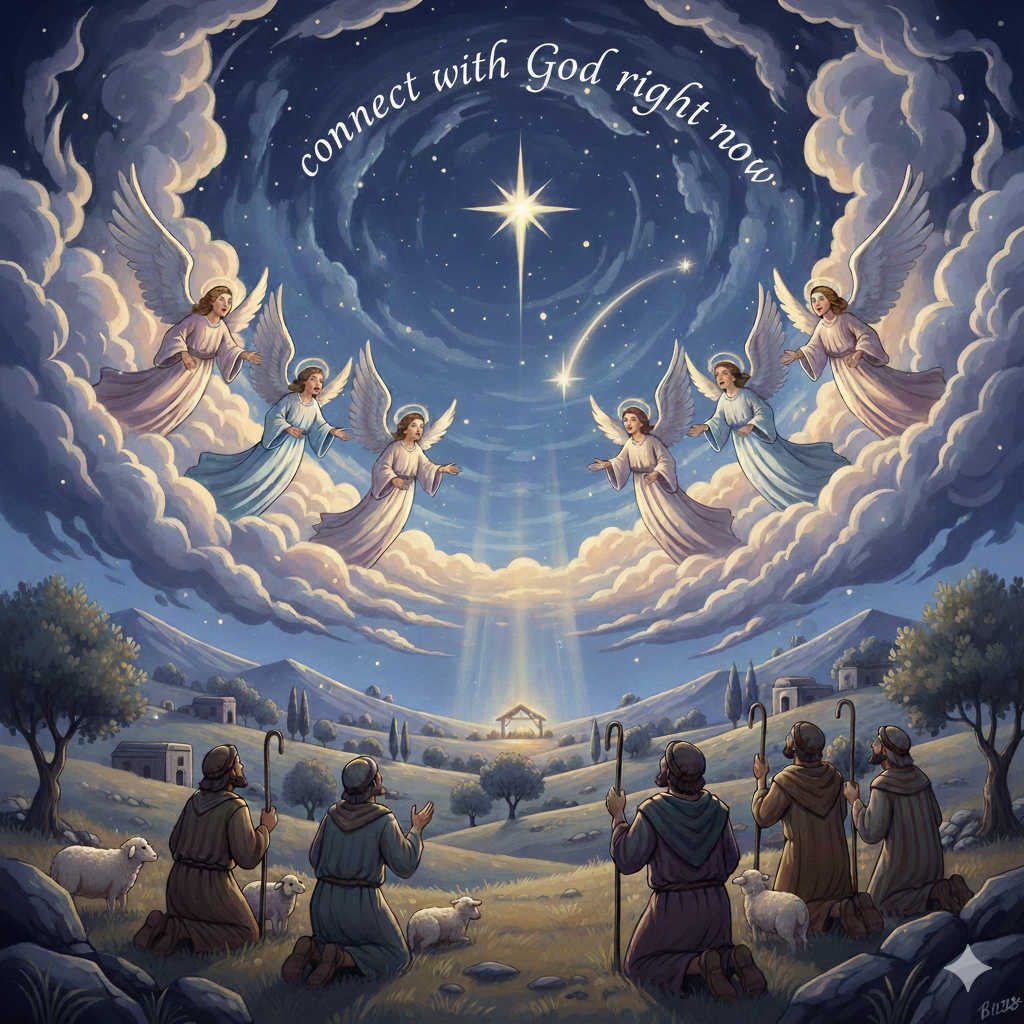Halloween, and the Christian
Holy People in a Distracted Age
October always puts decisions in our laps. Do we engage Halloween? How do we set healthy screen time boundaries for our kids and grandkids? What rhythms can steady a weary soul as Advent approaches? Underneath these timely questions lies a deeper one: What kind of people has God made us to be in Christ?
Scripture’s answer is wonderfully clear: in Jesus, God has made us a holy people. That identity doesn’t float above everyday life—it shapes it. The gospel that saves us also trains us to live with discernment, presence, and love right where we are.
The Gift of Holiness: Why Atonement Shapes Everyday Decisions
Leviticus can feel far from modern life, but its beating heart is God’s holy love. He desires to dwell with His people and provides a way for sinners to be cleansed and drawn near. The sacrificial system points forward to Christ’s once-for-all offering—what theologians call penal substitutionary atonement—Jesus bearing the penalty for our sin so we can be forgiven and made clean.
Far from abstract theory, this is the engine of formation. Because Jesus “offered for all time a single sacrifice for sins” and now “perfects for all time those who are being sanctified,” we are freed to walk in holiness and love (see Hebrews 10). Leviticus turns into everyday decisions when we remember: God has made us holy in Christ so we can live holy with Christ.
If you’d like a clear overview of Leviticus through this gospel lens, this short video is excellent: BibleProject’s Leviticus.
Applying Holiness to Halloween: Conscience, Witness, and Wisdom
Every October, faithful Christians land in different places on Halloween. Some abstain, some redeem the day by serving neighbors, and others participate with wise boundaries. Scripture gives categories to navigate this: conscience, holiness, and witness (see Romans 14).
Here are three faithful pathways to consider—each flowing from the gospel’s logic and your local context:
- Abstain with grace. You may judge the day’s associations with darkness to be unhelpful or unedifying for your home. Abstain without pride, and use the day for prayer, hospitality with church family, or a service project. Share your decision humbly if asked, emphasizing Christ’s holiness and hope.
- Redeem with presence. See Halloween as a rare moment when neighbors come to you. Offer generous hospitality—cider, conversation, and kindness—and consider Scripture-infused notes with treats or simple invitations to a church event. The goal isn’t a sales pitch but a warm witness to the presence of God with His people.
- Participate with boundaries. Join community events while drawing wise lines: avoid costumes or decor that trivialize evil, keep discernment about themes, and talk with kids about spiritual realities. Emphasize gratitude, neighbor love, and Christ’s triumph over darkness.
Wherever you land, let two questions guide you:
- Is this decision helping our household grow in holiness, love, and joy in Jesus?
- Does this decision serve our neighbors and our church’s witness?
For a variety of thoughtful articles from Desiring God’s website on how Christians can approach the day, see the list we’ve curated for you in searching the site for: “Halloween and the Christian”.
More For You: “For practical guidance on age-appropriate boundaries…” See this Blog Post: Weary Disciples: A Gospel Rule of Life for Today
Discover more from Elkleaf Publishing
Subscribe to get the latest posts sent to your email.




